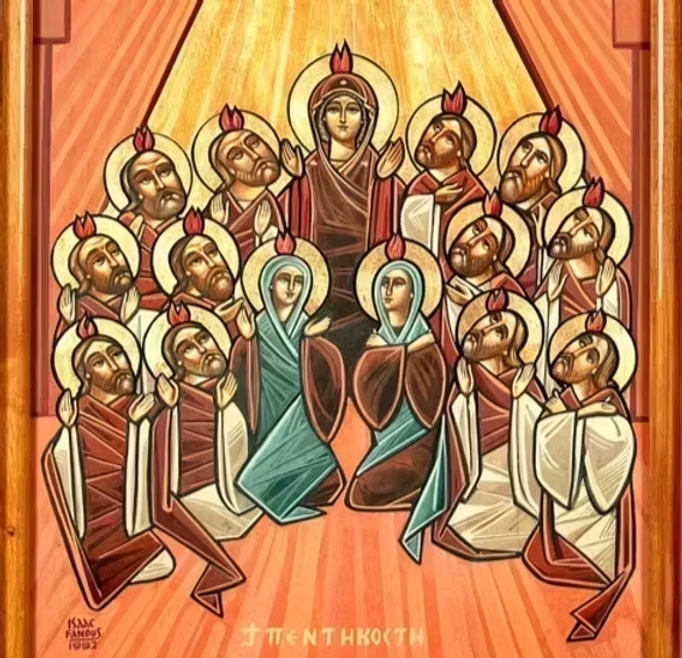An Instruction on Spiritual Leadership in Sacred Scripture
- Fr. Thomas Colyandro

- Aug 26, 2015
- 2 min read
The primary purpose of 1 and 2 Timothy, as well as Titus, is to instruct bishops, priests, and deacons how to live. The teaching is useful in every age of the Church. So what does it say?
The spiritual leader is required to have a solid foundation. We must know what the Church teaches and understand how to apply it practically and appropriately. “But the aim of such instruction is love that comes from a pure heart, a good conscience, and sincere faith (1 Tim 1:5).”
The spiritual leader is required to live appropriately and to teach out of love. In fact, we are to “pursue righteousness, godliness, faith, love, endurance, gentleness (1 Tim 6:11).”
The spiritual leader must be humble. “Remind them… to speak evil of no one, to avoid quarreling, to be gentle, and to show every courtesy to everyone. For we ourselves were once foolish, disobedient, led astray, slaves to various passions and pleasures, passing our days in malice and envy, despicable, hating one another (Titus 3:1-6).”
The spiritual leader is to live as Christ. “The saying is sure: if we have died with him, we will also live with him; if we endure, we will also reign with him; if we deny him he will also deny us; if we are faithless, he remains faithful – for he cannot deny himself (2 Tim 11:13).”
The spiritual leader is to work in this world, but keep an eye on the next. 2 Timothy takes an increasingly eschatological approach, reminding us to rely solely on Christ and reject human godlessness. “You must understand this, that in the last days distressing times will come. For people will be lovers of themselves… rather than lovers of God, holding to the outward form of godliness but denying its power. Avoid them! (2 Tim 3:1-5).”
So to all priests and seminarians: never forget that you must lead. And that you must lead from the model of Christ as the High Priest. This is not always easy, but we must persevere.



Comments